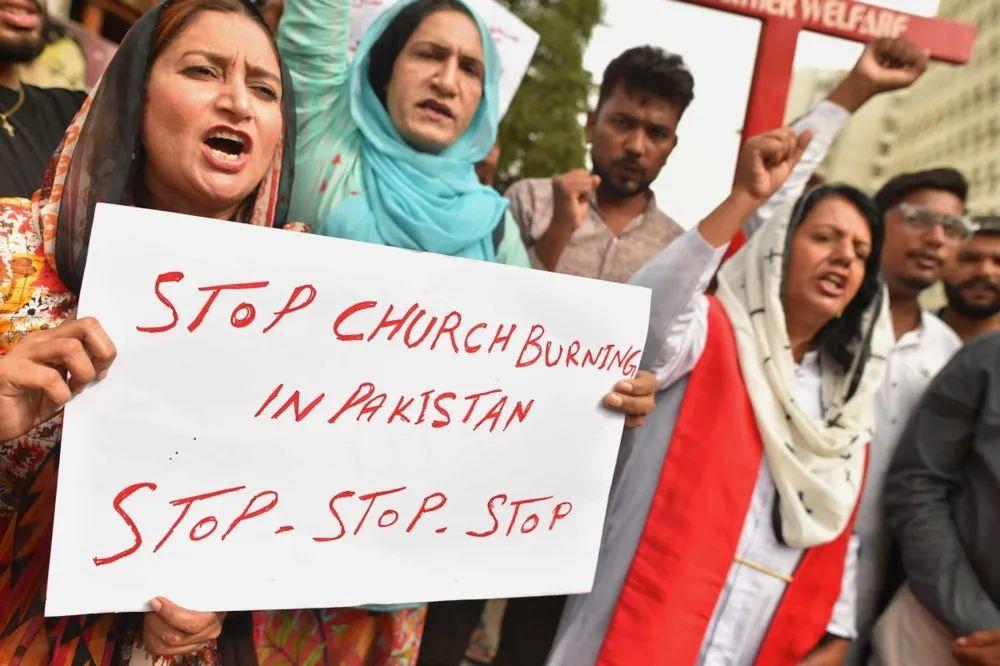TL;DR: Despite Pakistan’s claims of promoting religious freedom, the U.S. State Department has designated it as a “Country of Particular Concern” for severe violations of religious freedom. Rights activists point to ongoing issues, including attacks on religious minorities, blasphemy allegations, forced conversions, and attacks on places of worship. Church leaders and advocates are calling for action and reforms to protect religious minorities.
Ongoing Religious Freedom Concerns
Religious minorities in Pakistan continue to face violence and discrimination, contrary to the government’s assertions of promoting religious freedom and protecting non-Muslim faiths, according to rights activists.
The U.S. State Department recently designated Pakistan as one of the “Countries of Particular Concern,” alongside Burma, China, and Iran, due to its severe violations of religious freedom. The State Department called on governments to end communal violence, attacks on religious minorities, and lengthy prison terms for peaceful expression.
In response, Pakistan’s Foreign Affairs Ministry expressed dismay and called the assessment “biased and arbitrary.” The ministry argued that Pakistan is a pluralistic country with a tradition of interfaith harmony, emphasizing its efforts to promote religious freedom and protect minority rights.
Ongoing Abuses
Despite official claims, senior church leaders and rights advocates point to ongoing abuses against religious minorities in Pakistan. These abuses include:
- Violent Attacks: Multiple attacks on churches and homes of Christians in Jaranwala tehsil of Faisalabad District on August 16th.
- Blasphemy Allegations: Unabated blasphemy allegations against both Christians and Muslims.
- Forced Conversions: An increasing number of underage Christian and Hindu girls falling victim to forced conversion to Islam under the guise of Islamic marriages.
- Attacks on Worship Places: Continued attacks on places of worship belonging to religious minorities.
Voices of Concern
Bishop Azad Marshall, president of the Church of Pakistan, expressed concern over the government’s response to these issues. He mentioned the attacks on Christians in Jaranwala and criticized the government for not launching a judicial inquiry into the incident.
Marshall also highlighted the need for legislation against false blasphemy allegations and forced conversions, emphasizing the vulnerability of minor daughters from Christian and Hindu communities.
Calls for Change
Church leaders and advocates hope that the upcoming general election on February 8th will lead to a new government that prioritizes addressing the challenges faced by religious minorities. They call for leadership that not only listens to their concerns but also takes concrete actions to protect religious freedom.
Samson Salamat, chairman of the Rwadari Tehreek (Movement for Equality), echoed these concerns. He emphasized the need for substantial policy changes, including a constitutional amendment to ensure equal citizenship for religious minorities and a debate to stop the misuse of blasphemy laws.
Salamat also called for a crackdown on extremist outfits and a zero-tolerance approach to hate speech to improve religious freedom in Pakistan.
Ongoing Challenges
Despite these concerns, Pakistan ranks seventh on Open Doors’ 2023 World Watch List of the most difficult places to be a Christian, up from eighth the previous year. The situation highlights the urgent need for reforms to protect the rights and safety of religious minorities in the country.

